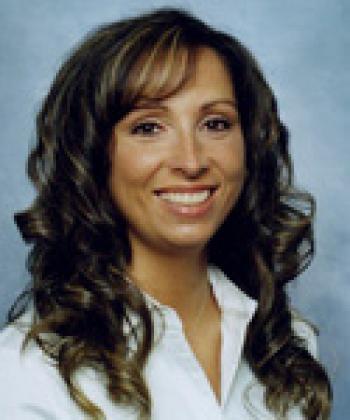Change the conversation, support rabble.ca today.
You may not see the next stage of Idle No More in public — it might not take the form of a round dance. Rather, it will take the form of now educated aboriginal community members working with leaders to shut down a mine until the government consults, or withdrawing from a process with government, or opposing a business licence on aboriginal land. People won’t call these actions Idle No More, but they’re all connected.
The government requires us to participate in its processes in order to legitimize what it does to us. We’ve been participating because we’re under undue duress: the most impoverished communities in the country have very little choice.
So we’re trying to educate people to help each other on the ground, because we have much more to gain in the long term if we pull out of those processes. All of them require our assimilation, our surrender of land or our giving up of rights in exchange for a little bit of money.
All those federal policies — and I speak from experience, I used to be legal council for the Justice Department and worked in Indian Affairs — have surrender as their end goal. What Idle No More is saying is ‘Pull back from those processes and demand our constitutional rights.’
Canadian social justice advocates, environmentalists and anti-poverty advocates need to stand beside us because First Nations are their last best hope of accomplishing what they want, too. Our rights are constitutionally protected in the way those of non-native Canadians are not because we’re the First People. Treaty rights act as a trump card over environmental destruction. If people stand beside us, we all win. We will all make sure the land is farmable in the future and the water drinkable for our kids. If it’s not for First Nations, it’s not for all Canadians.
We’re willing to be on the front lines and take all the abuse and hatred from the right-wingers out there. But Canadians have a role, too, to help in any way they can.
The movement was grounded from the beginning in our traditions — we always have drummers and elders, and prayers and sweetgrass. It’s about sharing that with Canadians, to show we have beautiful ways. Instead of our following Canadians all the time, here’s an opportunity for Canadians to follow us.
This excerpt was first published in NOW Magazine.



